
Detroit Baptist Theological Seminary
The data comes from DBTS's Basic Library Booklist (2022), which has the contains the following description:
This list has been prepared to assist students at Detroit Baptist Theological Seminary in selecting books for their future ministries. It has been specifically designed to answer the question of which books under each heading are best suited for professional pastoral ministry. In the case of commentaries, best means those that are the most helpful in exegesis and exposition, as well as understanding the overall argument of a book. Commentaries of a sermonic and/or devotional nature, though helpful and oftentimes essential for sermon preparation, are not generally represented in this list. The books are listed in order of importance. The first book listed, if available, is the one the student should purchase first. However, it should not be assumed that one commentary will suffice for the task of teaching or preaching through a book. This is almost never the case.
A few books that are out of print are listed because they possess exceptionally enduring value; used copies may often be obtained.
It is difficult to find any book with which the faculty completely agree; therefore, the student should understand that a book’s inclusion on the list is not an unqualified endorsement of everything in the book. Many of these titles include errors of various sorts; some do not even preserve the doctrine of inerrancy. The faculty has determined, nonetheless, that the titles listed may be consulted with profit in pastoral ministry.
This list has been prepared to assist students at Detroit Baptist Theological Seminary in selecting books for their future ministries. It has been specifically designed to answer the question of which books under each heading are best suited for professional pastoral ministry. In the case of commentaries, best means those that are the most helpful in exegesis and exposition, as well as understanding the overall argument of a book. Commentaries of a sermonic and/or devotional nature, though helpful and oftentimes essential for sermon preparation, are not generally represented in this list. The books are listed in order of importance. The first book listed, if available, is the one the student should purchase first. However, it should not be assumed that one commentary will suffice for the task of teaching or preaching through a book. This is almost never the case.
A few books that are out of print are listed because they possess exceptionally enduring value; used copies may often be obtained.
It is difficult to find any book with which the faculty completely agree; therefore, the student should understand that a book’s inclusion on the list is not an unqualified endorsement of everything in the book. Many of these titles include errors of various sorts; some do not even preserve the doctrine of inerrancy. The faculty has determined, nonetheless, that the titles listed may be consulted with profit in pastoral ministry.
Occupation
Educational Institution
Website
http://www.dbts.edu
Libraries
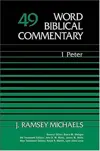

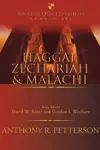

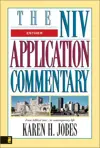

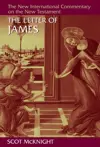

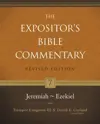

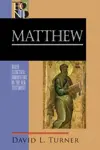

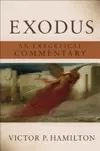

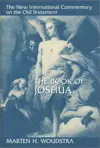

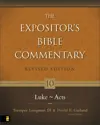

Reviews
The Book of Deuteronomy: Chapters 1–11. NICOT. Eerdmans, 2022.
Arnold takes a moderately critical stance on Deuteronomy. He argues the book should not be defined narrowly by “Mosaic authorship” but by “Mosaic origin.” This means that Moses’s voice lies behind the book, not Moses’s pen. Rather, in keeping with Arnold’s understanding of ancient composition techniques, the book resulted from numerous conflations, compilations, and expansions. The commentary is a welcome and enhanced update to Craigie’s earlier work. The main strength of the com- mentary is his detailed exegesis, with numerous background insights from the ANE to elucidate the meaning of the text. His discussion of the main themes of the book is also significant. One criticism would be his tendency to minimize Moses’s role in the production of the book. Scripture indicates more involvement on Moses’s part than merely as a voice or shadowy figure behind the discourses.
[Full Review]
Daniel. EEC. Lexham Press, 2020.
Tanner’s volume is the first major evangelical commentary on Daniel in nearly fifteen years (since Steinmann, 2008) and the first new commentary on the book from a dispensational perspective in over thirty-five years ... Two strengths of the commentary merit mention. First, in the introduction Tanner ably addresses objections—historical, linguistic, theological, and literary—to the traditional date and authorship of Daniel, a section comprising thirty pages ... Second, Tanner thoroughly treats the manifold interpretive issues surrounding Daniel 9:24–27, in a section spanning seventy-two pages.
There are few weaknesses in the commentary, relating mostly to format rather than content: an unfortunate typesetting problem obscures a chart on p. 764. The textual criticism notes are keyed to terms in the original text, but the original text has been left out, making it difficult to follow the argument. The lack of indentation in the footnotes makes them hard to distinguish. Some readers will quibble over Tanner’s non-Reformed soteriology that shows through at times. Additionally, some might wish for an expansion of his biblical theology correlations. On the whole, however, this reviewer highly commends the volume to readers. Tanner’s commentary notches first place in the recently updated (2022) DBTS recommended booklist for commentaries on Daniel and warrants a place on the bookshelf of every pastor, seminary student, or other believer who desires to enhance his grasp of this highly significant prophetical book.
